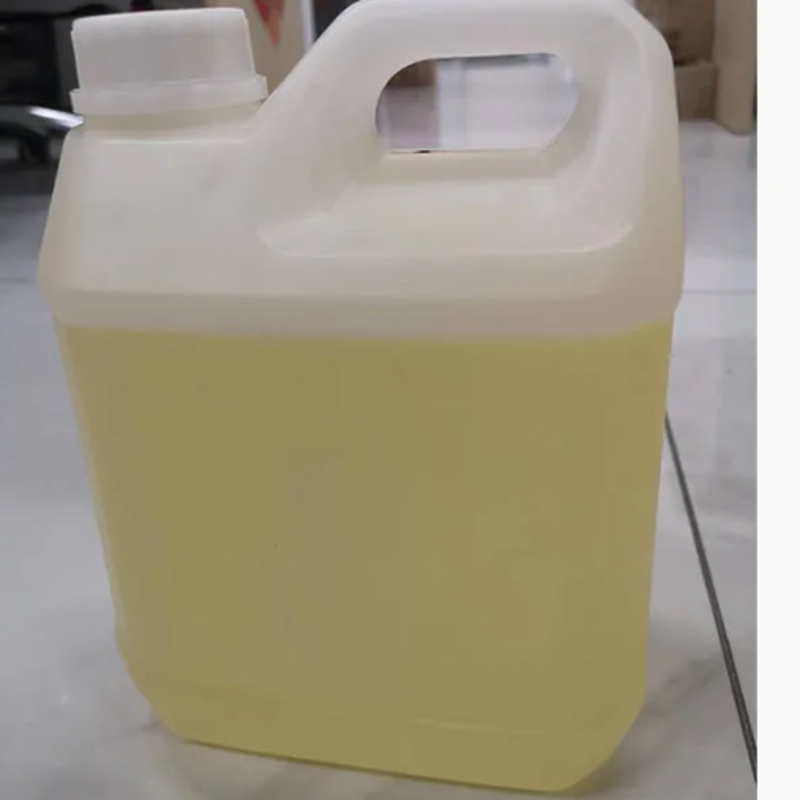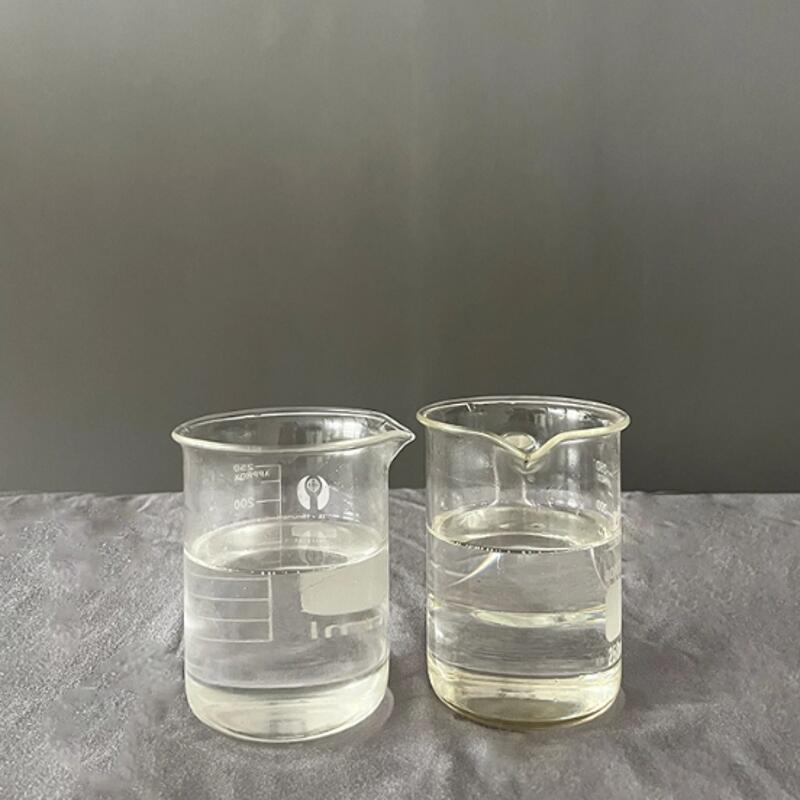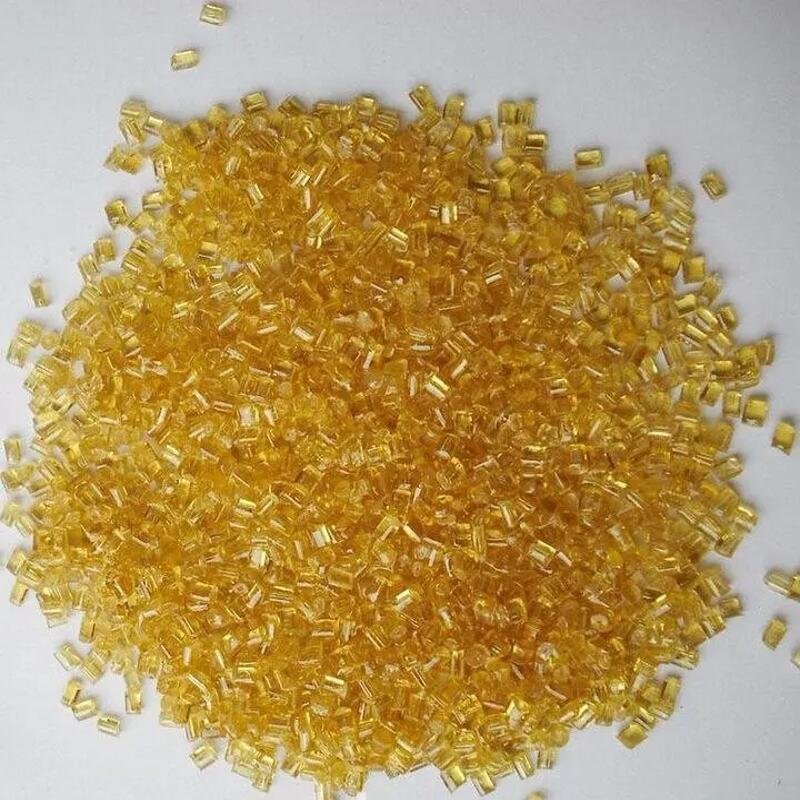-
Categories
-
Pharmaceutical Intermediates
-
Active Pharmaceutical Ingredients
-
Food Additives
- Industrial Coatings
- Agrochemicals
- Dyes and Pigments
- Surfactant
- Flavors and Fragrances
- Chemical Reagents
- Catalyst and Auxiliary
- Natural Products
- Inorganic Chemistry
-
Organic Chemistry
-
Biochemical Engineering
- Analytical Chemistry
-
Cosmetic Ingredient
- Water Treatment Chemical
-
Pharmaceutical Intermediates
Promotion
ECHEMI Mall
Wholesale
Weekly Price
Exhibition
News
-
Trade Service
As the auto industry struggles to achieve zero CO2 emissions, another EU rule change with a huge environmental impact is quietly adding recycling laws
.
The 11th Amendment to the End of Life Vehicles Directive (ELV) will fundamentally change the way new cars are designed and built
.
The directive is a massive effort to make car components more sustainable so they can be dismantled and recycled at the end of their life cycle
.
The European Commission is expected to present a legislative proposal for its latest ELV Directive review in 2022, and European automakers expect it to be tough
.
BMW said that to comply with the rule, its cars and SUVs will soon have to reinvent themselves, starting with its increasingly complex wiring harnesses — and once the changes are fully implemented, its design and engineering evolution will permeate vehicles sold in the United States
.
"Wires will have to be recycled in the EU, they are the first items that go into cars
," said Andreas Vetter, project leader for interior and exterior design at BMW.
was reused around its buildings and factories
.
"
"The imminent EVs have higher embodied CO2 emissions in production than conventional cars, making a change absolutely necessary,
" Vetter said.
"We must now design and build a vehicle that we can effectively dismantle.
.
"
While the U.
S.
isn't pushing for car recycling with the same enthusiasm, every European-designed car exported will be compliant with the new ELV directive, including those built by European industrial manufacturers in North American factories
.
All technologies, old and new, will be considered in order to meet the new rules
.
Natural fibres like hemp and flax are making a comeback, changing everything from alloy wheels to car floor mats
.
Cupra, the Spanish subsidiary of the Volkswagen Group, made Hotspot this year, trawls in the Mediterranean to recycle plastic to make seat material for the Born electric car
.
But the BMW Group plans to go deeper into recycling
.
For example, it will debut 100 percent recycled alloy wheels on an all-new Mini in 2022
.
Goals
GoalsBMW is the first automaker in the world to commit to reducing the temperature of climate change by 1.
5 degrees by 2030, meaning its internal CO2 target will be 80% lower than in 2019
.
Achieving the CO2 target will also be in line with European recycling initiatives
.
Vetter's job is to separate out every part of every vehicle to see if it can be made just as durable with less energy consumption
.
He also needed to create a vehicle that would break down more easily when it was eventually recycled
.
All of this has to be executed without making the car feel any different to the customer
.
That means more recycled metals, more plant fibers and just one synthetic material per component, rather than a range of synthetics, Vetter said
.
"We have to find ways to make everything with a lower environmental footprint, rather than making parts from scratch that can be easily recycled when their useful life is over
.
"
Vetter said he plans to increase secondary materials, or scraps that are reused, to at least 50 percent
.
“Currently, 100 per cent of underfloor material is insulation made from recycled old clothes
.
Steel typically has a 10 to 15 per cent recycled content, while aluminium is up to 50 per cent recycled and sheet metal 30 per cent
.
"
BMW said it will also replace 40 percent of thermoplastics with recycled materials by 2030
.
Thermoplastics are plastics that become soft when heated and are used in a variety of applications, including car batteries and electrical wiring
.
A revival of textiles in seats, which includes getting rid of leather, is also on the agenda
.
While it's not easy, it doesn't necessarily increase the cost of production
.
Mercedes- Benz
Mercedes- BenzThis is not news to anyone following Europe, since the EU issued its first ELV directive in 2000, every premium car brand has had an R&D group dedicated to the cause
.
Mercedes-Benz also has a sustainability project, led by Boze Mrsic and Alexandra Krieger, who will take the world's oldest carmaker from making only brand new cars to producing vehicles that contain partially recycled materials
.
They started a pilot project to get Mercedes to switch to what they call "recycled items" such as plastic nuts and clips
.
"We chose two plastic nuts that we were able to incorporate into series production under Daimler's specifications," Krieger said.
Replacement of another 17 small parts in product groups such as plastic nuts and jack brackets
.
”
Mercedes-Benz's E-Class has 72 components made from recycled plastic, including Dinamica trim material made from recycled polyester and water-based polyurethane
.
The sedan also returns to natural products like wool, cotton and cellulosic fibers, with 90 parts made from natural materials and weighing more than 72 pounds
.
"About 7.
72 million metric tons of raw materials are used each year to produce our cars and commercial vehicles," Daimler said in a statement.
"
This sheer volume underscores the need for Daimler to limit the use of those materials that are scarce or that could harm society and society.
raw materials for the environment
.
”
The remanufacturing of components and the use of recycled materials.
.
.
ensure that, on average, about a third of the materials used to build cars today come from recyclable sources, Daimler said
.
Audi
Audi
Audi is working with the Karlsruhe Institute of Technology (KIT) on a pilot project called "Chemical Recycling of Plastics in Automobile Manufacturing"
.
The study found that it is possible to process plastic waste from car manufacturing into pyrolysis oil (also known as biocrude or bio-oil) to replace oil to produce high-quality plastic parts for Audi vehicles
.
Audi said the results of the study were both "technically feasible" and "environmentally and economically promising.
"
Audi uses recycled materials only for those parts that are not subject to high stress; new resins produced using natural gas or crude oil (also known as virgin oil) will continue to be used for parts that are subject to stress
.
According to the study, chemical recycling can be used to process mixed plastic waste from automobile manufacturing into pyrolysis oil, which can replace petroleum (hydrocarbons) as a chemical feedstock
.
recycled steel
recycled steelBMW appears to be the most advanced and committed to using recycled materials of the three premium German brands
.
"We're working on a process for metals,
" Vetter said.
"Typically, 2.
4kg of CO2 is emitted for every 2kg of steel produced .
The
arc route brings hydrogen-based steel down to 0.
6kg/kg of CO2
.
We think we can down to 0.
3 kg (0.
66 lb)
.
”
Even the purchasing country is subject to scrutiny in the quest for the lowest possible contained CO2 emissions (BMW is the only car company that incorporates this figure into its specifications) before the car hits the road
.
Steel from China has a CO2 content of 3.
1 kg/kg, while aluminium is around 20.
5 kg/kg
.
In Europe, the carbon emission of aluminium is 8.
5 kg/kg
.
"If we use renewable energy, we can get down to 4 to 5 kilograms
," Vetter said.
"If you add secondary (recycled) aluminum, we can get it down to even lower
.
"
Recycling steel into cars is usually not an ideal thing to do
.
But scrap from the auto industry is recycled by the construction industry, where it is a sought-after material
.
Natural fibers are better than leather
Natural fibers are better than leatherAnother possible way to reduce carbon dioxide from production is to stop the world from believing that leather seats are a luxury that breathes
.
"Leather doesn't breathe
.
It's been coated with chemicals and treated to stop breathing, and it's been that way for years,
" Vetter said
.
"The cowhide accounts for three percent of the value of a cow, so the carbon dioxide emissions of cowhide are equivalent to three percent of the entire cow's emissions, and that's how we calculate it
.
"
Bio-based artificial leathers are being developed, as current artificial or vegan leathers use crude oil
.
"We're working on natural fiber composites, and if we can convince people to go back to fiber, that would be amazingly helpful
," Vetter said
.







